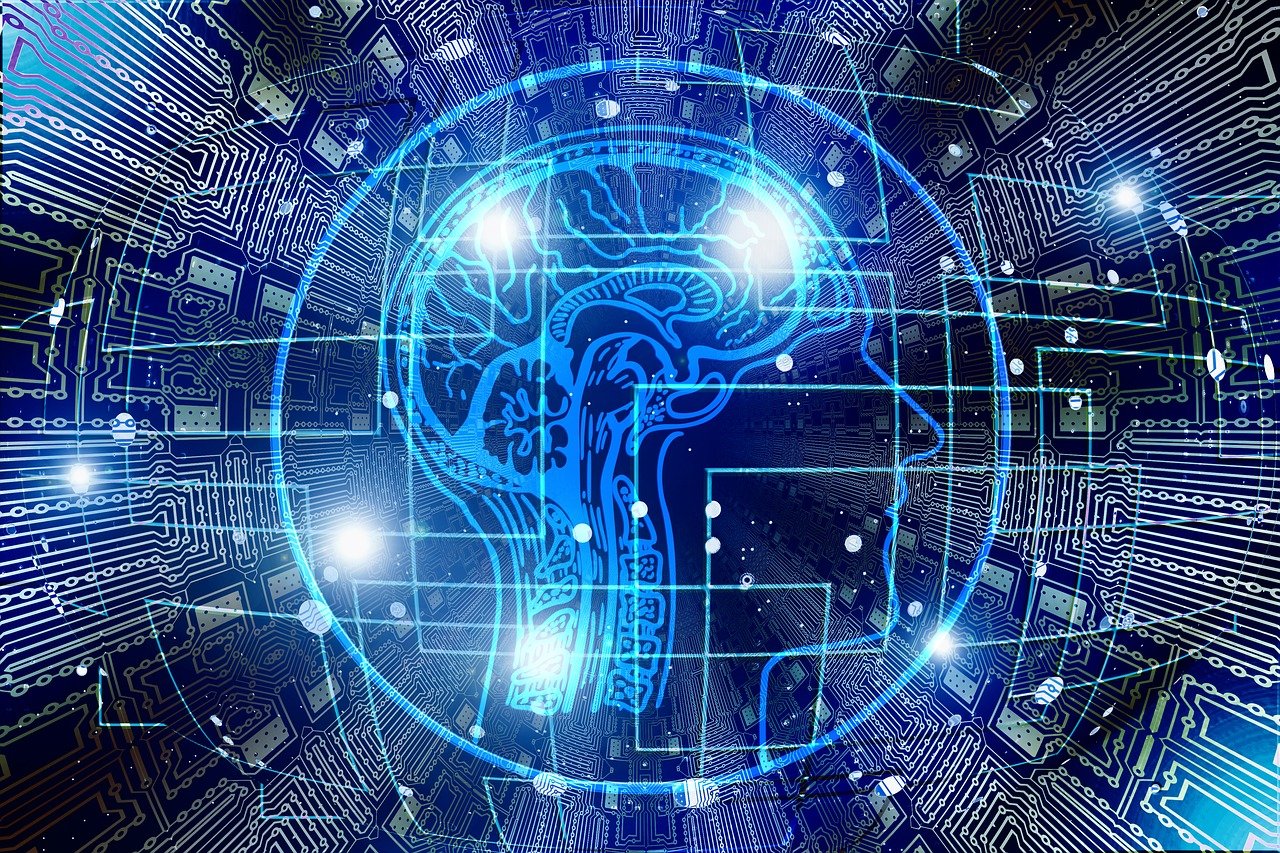On May 21, the Council of the European Union, following the lead of the European Parliament, adopted the IA Act.
The purpose of this Act is to regulate the use of artificial intelligence (hereinafter “AI”), particularly in the workplace. It is the first legal attempt to regulate the use of AI.
Under the Act, AIs will be managed differently depending on their potential risks and level of impact.
This regulation prohibits the use of the fllowing AI systems:
- “the creation or development of facial recognition databases through the untargeted harvesting of facial images from the internet or video surveillance”, as well as those aimed at “inferring the emotions of a physical person in the workplace and in educational establishments“, unless such AI is marketed strictly for medical or safety reasons;
- AIs that categorise people individually on the basis of their biometric data in order to make “deductions or inferences concerning their race, political opinions, membership of a trade union organisation, religious or philosophical beliefs, sex life or sexual orientation“, unless these are used to search for a missing person or prevent acts of terrorism.
AI categorised as “high-risk” will be strictly regulated. Regarding employment relationship, this category could be applied to AIs whose purpose is to provide tools for the:
- recruitment or selection of individuals ;
- decisions on dismissal or promotion.
The introduction of high-risk AI in the workplace will be subject to prior information of employee representatives and employees.
Most of these measures are meant to apply as from 2026.
This article was first published by our French member firm MGG Legal. Do you want more insights on this topic or have specific employment-related questions? Reach out to our representative Marijke Granier-Guillemarre, Founder and Managing Partner of the firm.
